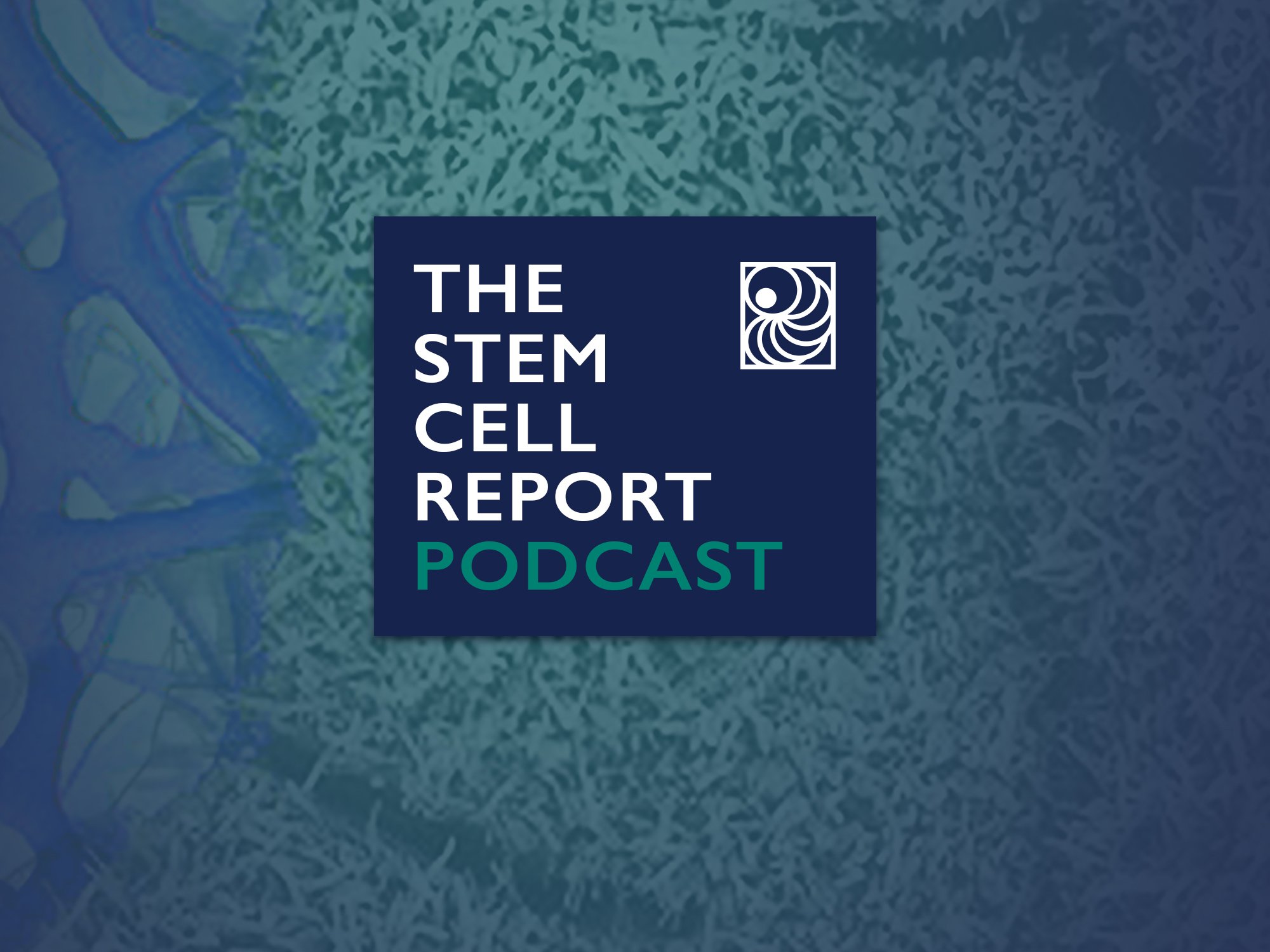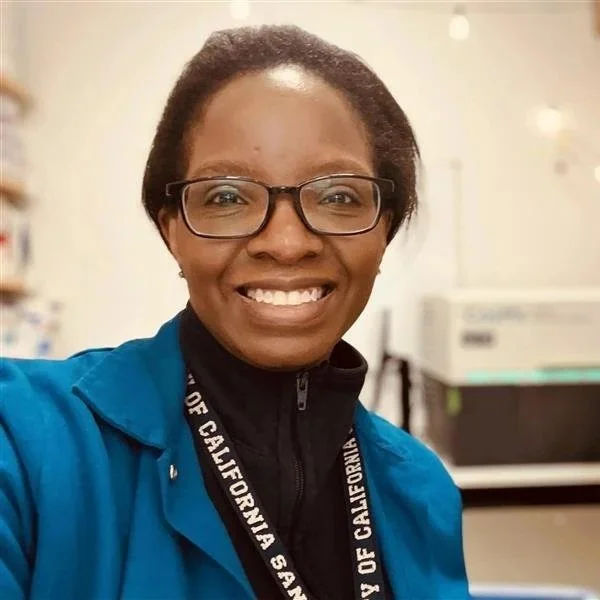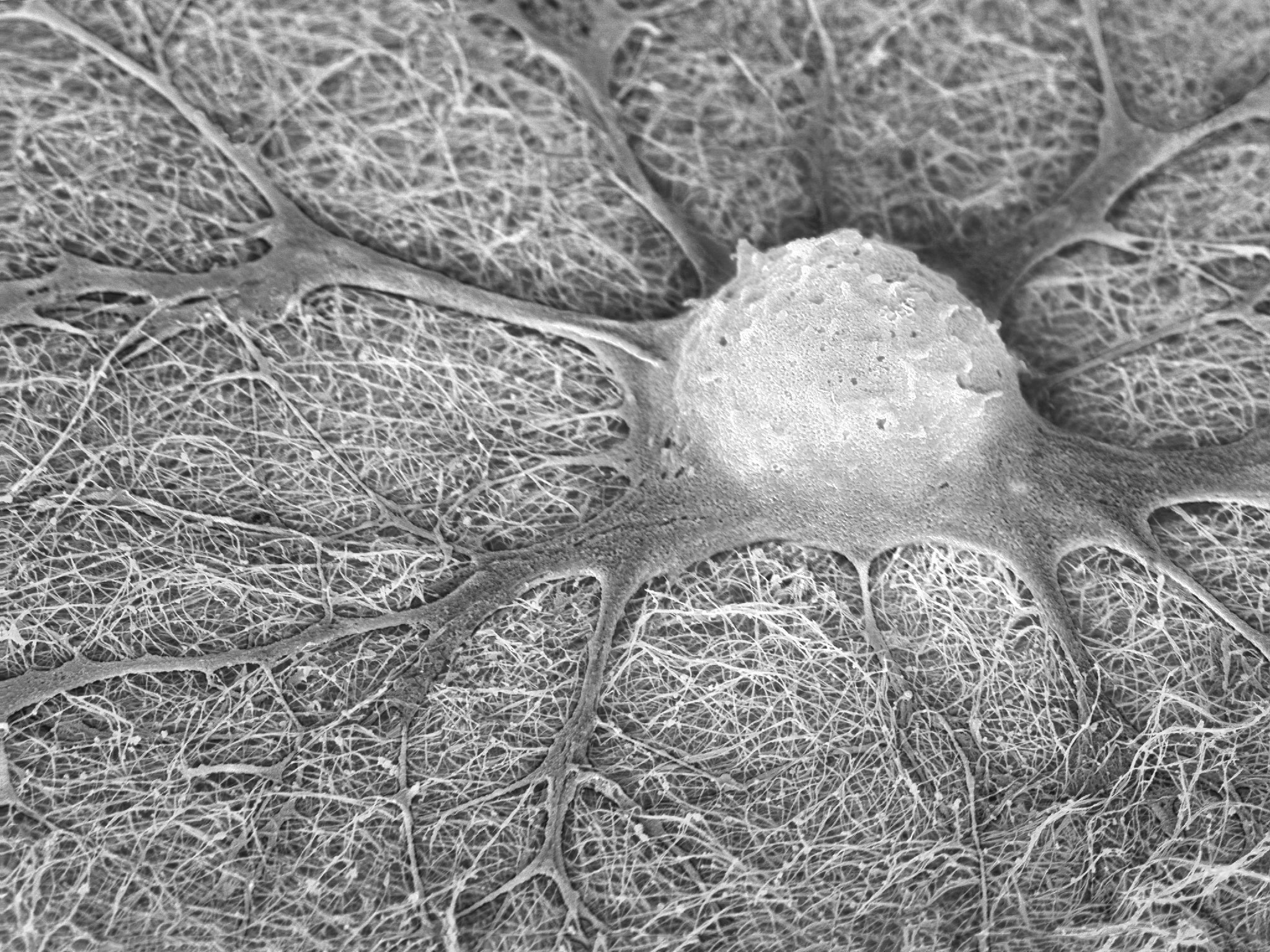ISSCR News

New Podcast Episode. Crossing the Border: Modeling the Blood Brain Barrier
The blood-brain barrier (BBB), formed by brain endothelial cells, pericytes, and astrocytes, is organized into a neurovascular unit that regulates the exchange of proteins between blood circulation and brain parenchyma. Human stem-cell-based models using brain endothelial cells are a powerful tool to investigate how disease-related conditions might affect the blood-brain barrier integrity. However, the cell type composition is critical to faithfully model transcytosis across the blood-brain barrier. Our guests today developed a blood-brain model using induced pluripotent stem cells (iPSCs)-derived endothelial cells with brain-specific identity. Using this model they were able to investigate how disease risk factors affect intracellular transport and reveal a new role for ApoE4 in the regulation of iron metabolism at the blood-brain barrier.

ISSCR Guide To Stem Cell Treatments Now Available in Brazilian Portuguese
The ISSCR is now pleased to make the Guide to Stem Cell Treatments available in Brazilian Portuguese. The comprehensive resource is designed to empower patients, advocates, healthcare providers, friends, and family members with the necessary information to make well-informed decisions regarding stem cell treatments, alongside their primary care physicians or specialists.

Professor Brings Global Stem Cell Medicine Course to PhD Scholars in Pakistan
Dr. Asmat Salim, a faculty member at the University of Karachi, recently adapted the ISSCR’s continuing education course, Stem Cell Medicine: From Scientific Research to Patient Care, into a three-week interactive program for 34 Ph.D. students. Combining lectures, discussions, quizzes, and student presentations, the course provides a strong foundation in stem cell medicine while fostering critical thinking and collaboration.
Students described the program as “highly informative, engaging, and inspiring,” highlighting that it opened new research directions and offered “valuable insights into how stem cells hold potential for treating diseases.”

New Podcast Episode. Movin’ On Out: Mobilizing HSCs from the Bone Marrow
Hematopoietic stem cells (HSCs) normally reside in the bone marrow niche but can traffic across the bone marrow endothelium into the bloodstream to populate different niches. This process of HSC mobilization from the bone marrow to the blood, is an increasingly favored procedure to obtain HSCs for hematopoietic cell transplantation therapy. Though mobilization is robust in many donors due to years of refined protocols and drug combinations, the process remains difficult or contraindicated among substantial patient subgroups. Using the current standard of care, up to 30% of patients fail to mobilize HSCs and some patients cannot tolerate the current mobilization procedures. Today’s guests will discuss their research using vascular endothelial growth factor, known as VEGF, as an alternative method of mobilization, the mechanisms underlying it, and the implications for improving patient outcomes.

Member Spotlight: Carolyn Sangokoya, MD, PhD
I enjoy problem-solving and designing molecular/genomic tools that help us to gain a new lens on biology. It's rewarding to do science with my team and see them gain skills, succeed, and find their niche.

Receive ISSCR Press Releases
Sign up be a part of ISSCR’s media list. Media Contact: Kym Kilbourne, Director of Media and Strategic Communications
Subscribe to ISSCR News.
Each month, ISSCR delivers scientific, policy, and community to your inbox .
